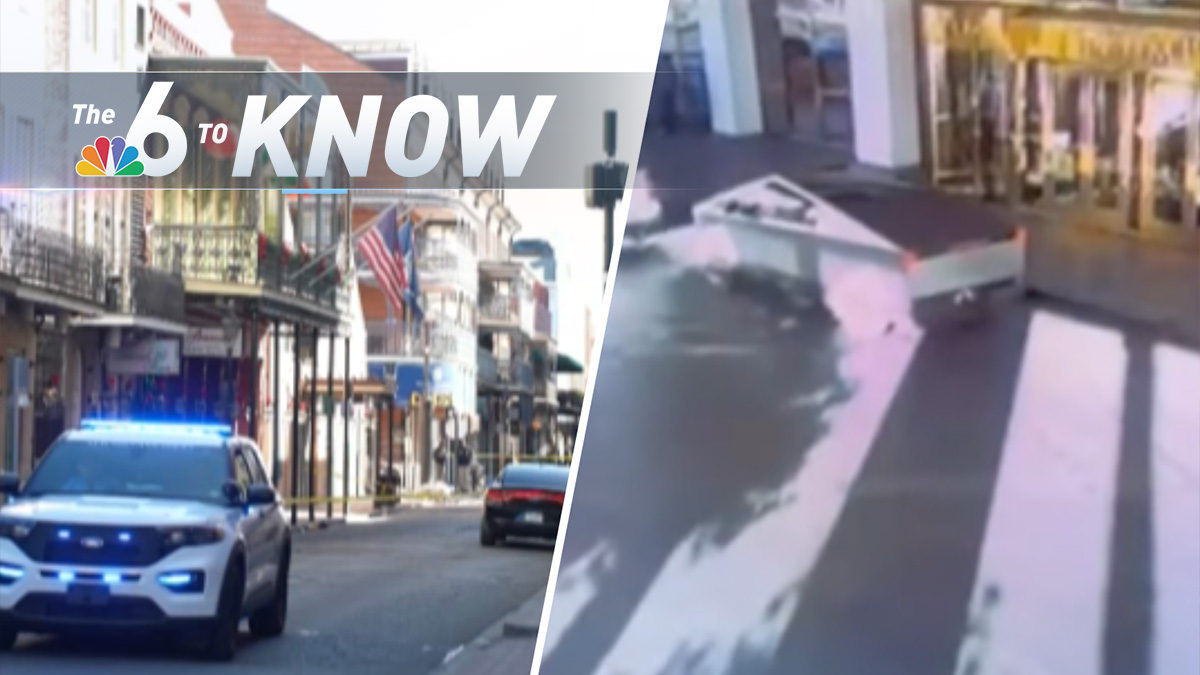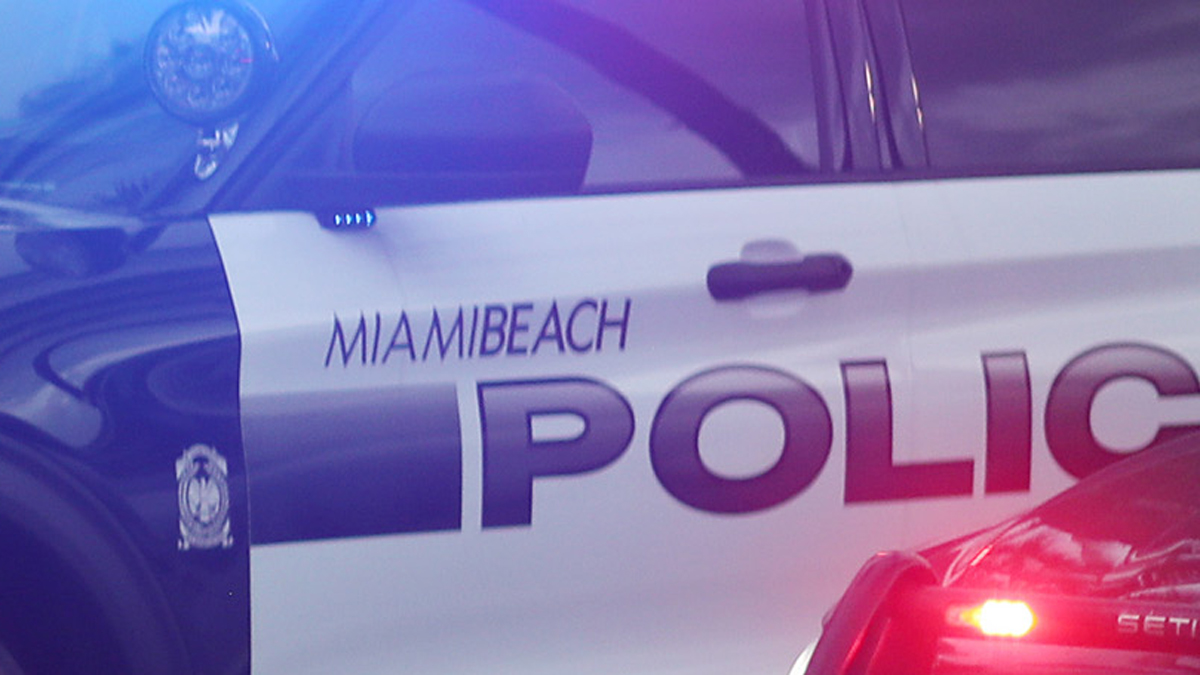A South Florida mother who says she lost her teenage son after repeated concussions is trying to protect other kids from a devastating injury whose effects may not be visible.
Concussion don't just affect football players. They reach into any contact sport, from lacrosse to soccer. Doctors NBC 6 South Florida spoke with said they've treated head injuries in children as young as 13 who played in sports.
Concussions happen on fields across South Florida every day, but doctors are saying it's what happens right after that can be a game changer in a kid's life.
"No parent should ever have to go through this, ever," Diana Brett said.
Brett said her son, Daniel, wasn't a big kid but was tough and lived to play football. Back in 2009, he had no way of knowing a junior varsity practice game in Weston would be his last.
"He actually pulled himself off the field and said 'Coach, I can’t see,' when the coaches were trying to tell him ‘Come on, get to it,'" Brett said.
Looking back, she said she now knows her son had been hiding his head injuries.
"He eventually told us he hid 10 to 15 — who knows how many — hits to the head," she said.
Before playing football, Daniel was healthy and happy, Brett said. But after so many blows to his head, he began suffering from migraines and depression. A year and a half later, he took his own life at just 16 years old.
Local
"Daniel didn’t die from concussions. What he died of was the result of the disabilities that resulted from all of these concussions," Brett said.
University of Miami concussion expert Dr. Jillian Hotz treated Daniel for head injuries, which she says can cause headaches and depression. Dr. Hotz helped push through strict helmet laws in Miami-Dade and Broward counties, where helmets are changed out every five years rather than the usual 10 years adopted by every other Florida county.
"We really want to make sure these kids are playing with a fitted, pumped-up and strapped-on helmet. Very important," Hotz said.
The helmets are also reconditioned on a regular basis and all the information a parent needs to know about the safety of the helmet is on the helmet itself.
If the helmet is certified, it’ll have a sticker on the back stating when it was made. There’s also a sticker on the inside, giving the last time it was reconditioned. If it’s a used helmet it should be reconditioned at least once a year.
Both Miami-Dade and Broward also require an athletic trainer to watch every game whose job it is to pull athletes out of the action, even when they insist they can keep playing.
"They’ve always had it installed that you have to be tough, you’re a man and not to cry so it’s a very hard barrier to break when it comes to concussions but you have to get through it," trainer Nicky Stallworth said.
None of this was enough to help Daniel Brett, which is why his mother fought for baseline testing in Broward – testing already done in Miami-Dade – where all students who play contact sports are required to take a test before the season starts to measure how their brain works. They have to take the same test again after every hit to the head.
"It tells us about how they’re thinking, their memory and their reaction time," Hotz said.
Broward and Miami-Dade are the only two counties in South Florida that require mandatory testing, but Brett and Hotz are hoping and pushing for more counties to adopt the potentially life-saving testing.
"Something good is going to happen out of all of this, it has too," Brett said. "I miss my boy every day."
Hotz was at the White House just last week, speaking with President Barack Obama about the concussion issue and how to better protect kids.
She's treated nearly 200 kids with concussions in Miami-Dade alone over the past year, and she says she's seeing an increase in these types of injuries among lacrosse players and female soccer players.



